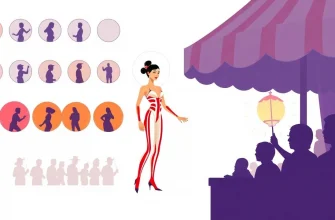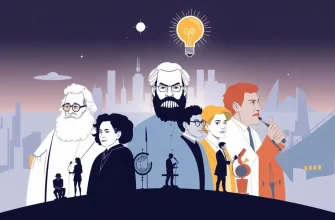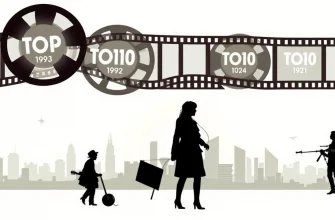This curated list of biographical films focuses on the pivotal ceremonies that have shaped the lives of historical figures. These movies not only entertain but also educate, providing a window into the moments that defined these individuals. From royal coronations to award ceremonies, each film offers a unique perspective on the significance of these events.

The Pianist (2002)
Description: While not centered on a ceremony, the film includes scenes of Władysław Szpilman's life before and during WWII, with his survival and eventual liberation serving as a personal ceremony of endurance.
Fact: Adrien Brody lost significant weight for the role and learned to play the piano.
 Watch Now
Watch Now 
A Beautiful Mind (2001)
Description: This film includes John Nash's Nobel Prize ceremony, showcasing the recognition of his contributions to mathematics and his personal struggles with mental illness.
Fact: Russell Crowe was nominated for an Oscar for his role as John Nash.
 Watch Now
Watch Now 
Capote (2005)
Description: This film captures Truman Capote's journey to write "In Cold Blood," including his interactions with the subjects of his book, which can be seen as a ceremony of literary creation.
Fact: Philip Seymour Hoffman won an Academy Award for Best Actor for his portrayal of Capote.
 Watch Now
Watch Now 
The Diving Bell and the Butterfly (2007)
Description: This film, while not about a traditional ceremony, includes the protagonist's internal ceremony of coming to terms with his condition, culminating in his writing of his memoir.
Fact: The film was shot from the perspective of Jean-Dominique Bauby, who could only communicate by blinking one eye.
 Watch Now
Watch Now 
The Queen (2006)
Description: This film captures Queen Elizabeth II's struggle with public perception following the death of Princess Diana, focusing on the royal family's response to public mourning and the ceremony of Diana's funeral.
Fact: Helen Mirren's portrayal of Queen Elizabeth II earned her an Academy Award for Best Actress.
 Watch Now
Watch Now 
Lincoln (2012)
Description: The film focuses on the last months of Abraham Lincoln's life, including his second inauguration and the passage of the 13th Amendment, highlighting the ceremonial aspects of his presidency.
Fact: Daniel Day-Lewis won his third Best Actor Oscar for his role as Lincoln.
 Watch Now
Watch Now 
Frost/Nixon (2008)
Description: This film dramatizes the historic interviews between David Frost and Richard Nixon, culminating in Nixon's admission of mistakes, which can be seen as a ceremony of public confession and redemption.
Fact: The film was adapted from a play by Peter Morgan, who also wrote "The Queen."
 Watch Now
Watch Now 
The Iron Lady (2011)
Description: This biopic of Margaret Thatcher includes her political ceremonies, such as her election and her funeral, providing insight into her legacy and the public's reaction to her leadership.
Fact: Meryl Streep's performance as Thatcher won her a third Academy Award for Best Actress.
 Watch Now
Watch Now 
The King's Speech (2010)
Description: This film delves into the life of King George VI, who must overcome his stammer to deliver a crucial speech during his coronation, highlighting the personal and public pressures of royal ceremonies.
Fact: The film was inspired by the real-life relationship between King George VI and his speech therapist, Lionel Logue. It won four Academy Awards, including Best Picture.
 Watch Now
Watch Now 
The Theory of Everything (2014)
Description: While not directly about a ceremony, this film includes Stephen Hawking's wedding and his Nobel Prize ceremony, showcasing how these events reflect his life's achievements and personal challenges.
Fact: Eddie Redmayne won an Oscar for his portrayal of Stephen Hawking.
 Watch Now
Watch Now 








